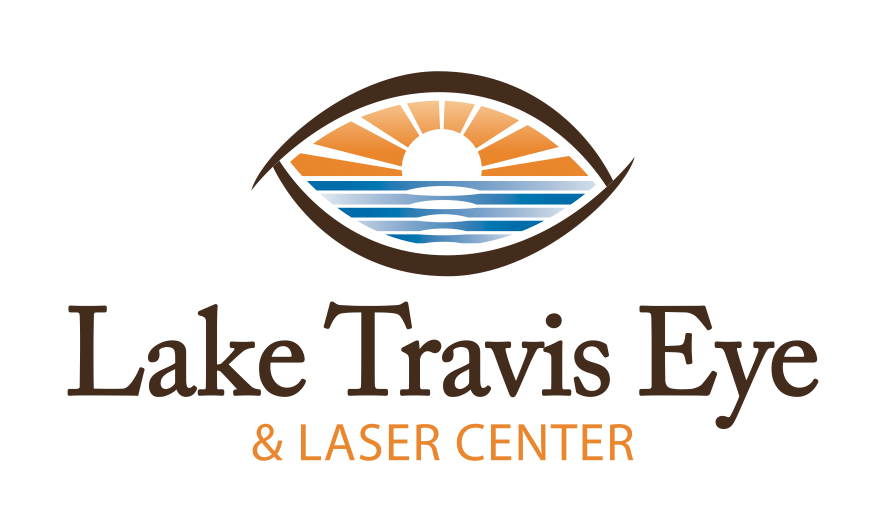
CATARACT SURGERY FAQS
What is a cataract?
A cataract is a clouding of the natural lens inside the eye, causing blurred vision and glare. The clouding is typically a gradual process, but may be sudden for some people.
What is cataract surgery and how is cataract surgery performed?
In order to correct the vision, the natural cloudy lens must be removed and replaced with an artificial intraocular lens (IOL). This is done by numbing the eye with anesthetic drops and creating two very small incisions on the cornea. The lens sits inside a capsule, which remains intact except for a small opening created in order to access the lens. Using an ultrasound machine and/or laser, the natural lens is separated into small pieces and gently removed. The artificial IOL is then inserted into the capsule and positioned.
Is cataract surgery painful?
Cataract surgery is relatively painless. The anesthesia does not require a needle/injection; usually, only topical medicines are necessary. You will experience brief burning when the topical anesthetic drops are instilled as well as a mild pressure sensation during the procedure. You may also experience mild discomfort when the sterile draping is removed (like a band-aid) after the procedure. Otherwise, you should feel no sharp or prolonged pain.
Will I be awake?
You will be awake during the procedure. However, you will be given a sedative initially to help you relax. An anesthesiologist will be present to monitor your heart rate and help you stay relaxed and comfortable.
How long does it take?
You will be at the surgery center for 2-3 hours, but the procedure is very quick – approximately 5-15 minutes from start to finish.
What to expect after cataract surgery?
Most people feel fine after cataract surgery. You may experience mild scratchiness, soreness, or irritation at first; this resolves within hours-to-days. Some people have a mild headache for a few hours. Your vision will not likely improve immediately, and may take a few days. Most people notice a significant improvement within 24-48 hours, and marked improvement within a week.
What restrictions will I have after surgery?
We recommend avoiding heavy lifting (more than 25 pounds) for one week and swimming for two weeks. It is also important not to rub your eyes for at least one week. We will provide an eye shield to wear at night for the first week. If there are specific activities that you’re curious about, feel free to ask.
Will I have to use eye drops?
You will be given prescriptions for three eye drops: an antibiotic, a steroidal anti-inflammatory, and a non-steroidal anti-inflammatory. These are very important in preventing infection and inflammation, which can slow down the healing process.
Where is the procedure performed?
Dr. Rhodes performs most of cataract surgeries at Medical Park Tower Surgery Center (located next to Seton Medical Center on 38th Street in central Austin), and also at Falconhead Surgery Center (located on 620 in BeeCave/Austin area). Other facilities will be used if insurance requires.
Does Medicare cover cataract surgery? Does insurance?
Most insurance plans, including Medicare, cover at least 80% of the procedure. Secondary insurance plans frequently cover the remaining 20%. However, each plan is unique and may be subject to a deductible. There are also advanced technological surgical options available that are not covered by insurance. Our billing specialist will verify your specific insurance benefits and comprehensively review your anticipated out-of-pocket expenses with you prior to your procedure.
Can I drive myself?
No. You will be given a sedative to help you relax and must have a driver on the day of surgery. Most patients return to driving within a day.
Are both eyes operated on the same day?
No. We perform surgery on one eye at a time. Most patients have surgery in consecutive weeks: one eye the first week, and the other eye the following week. Some patients only require surgery on one eye.
Will the cataract ever regrow?
No. Once a cataract is removed, it will never return. However, a common cause for blurry vision after cataract surgery is a secondary cataract, or posterior capsular opacification (PCO). A PCO occurs when the capsule that holds the new lens implant (IOL) becomes cloudy at some point after cataract surgery. A PCO is treated with a YAG laser capsulotomy in the office, and your vision is restored within a few hours. Watch a video about YAG Capsulotomy.
